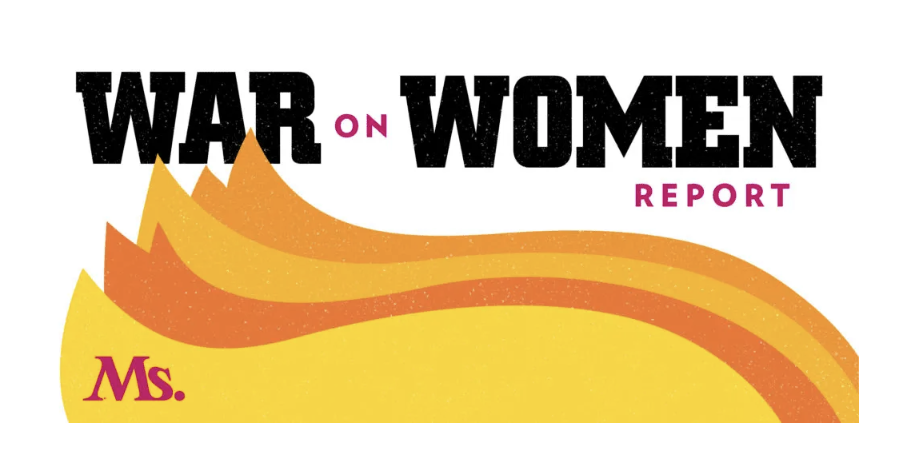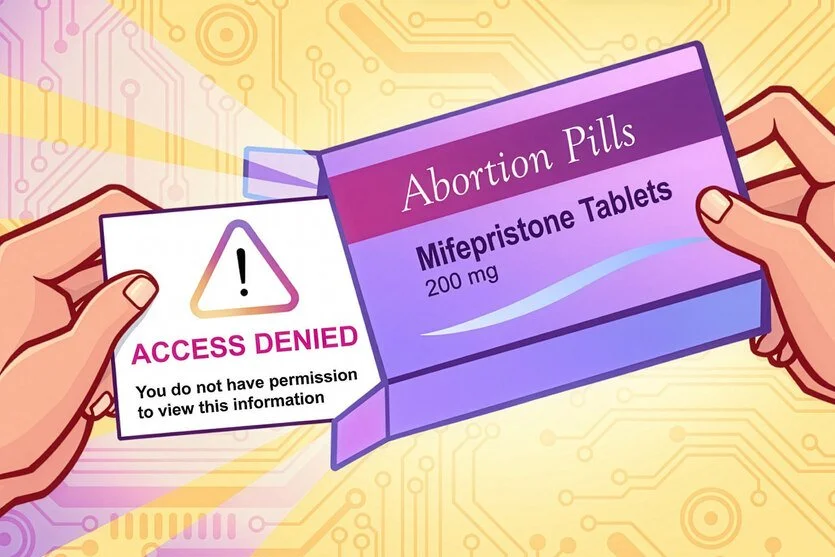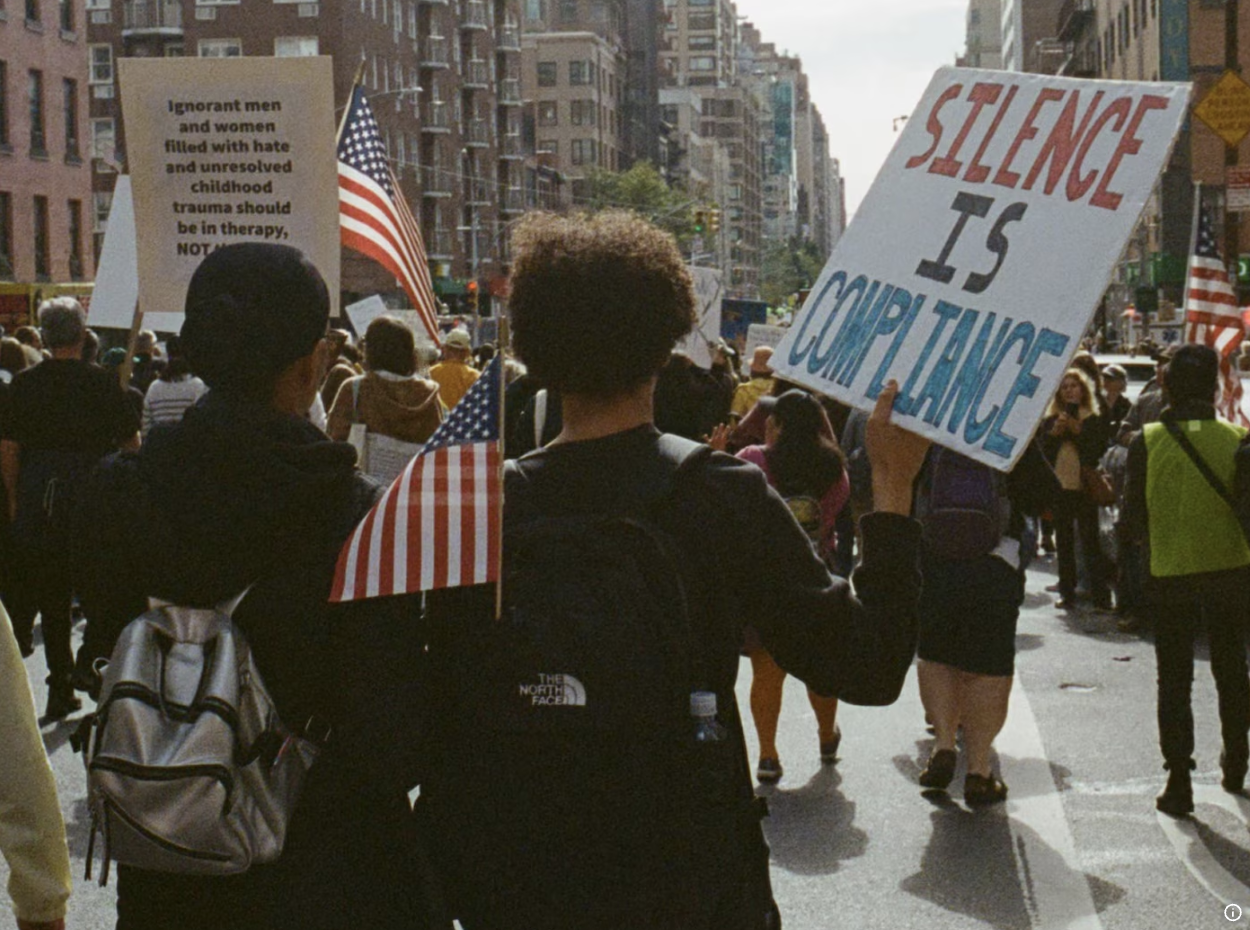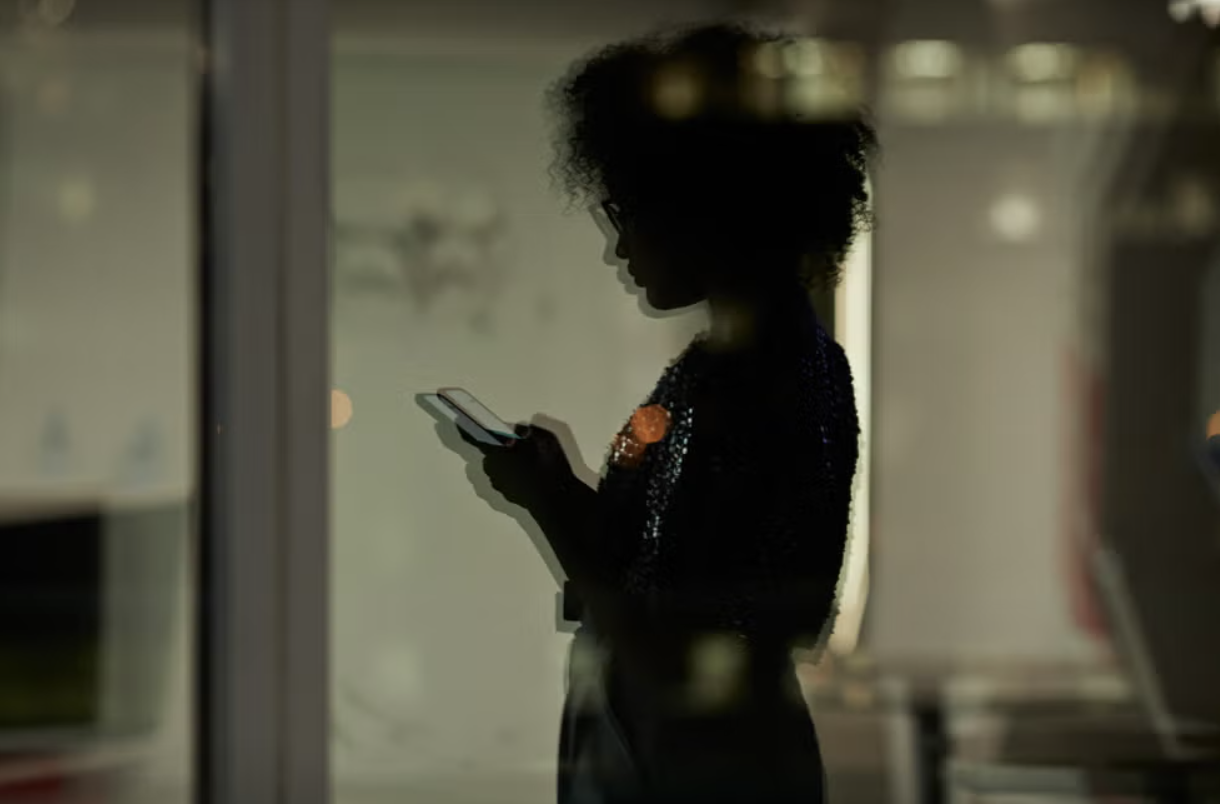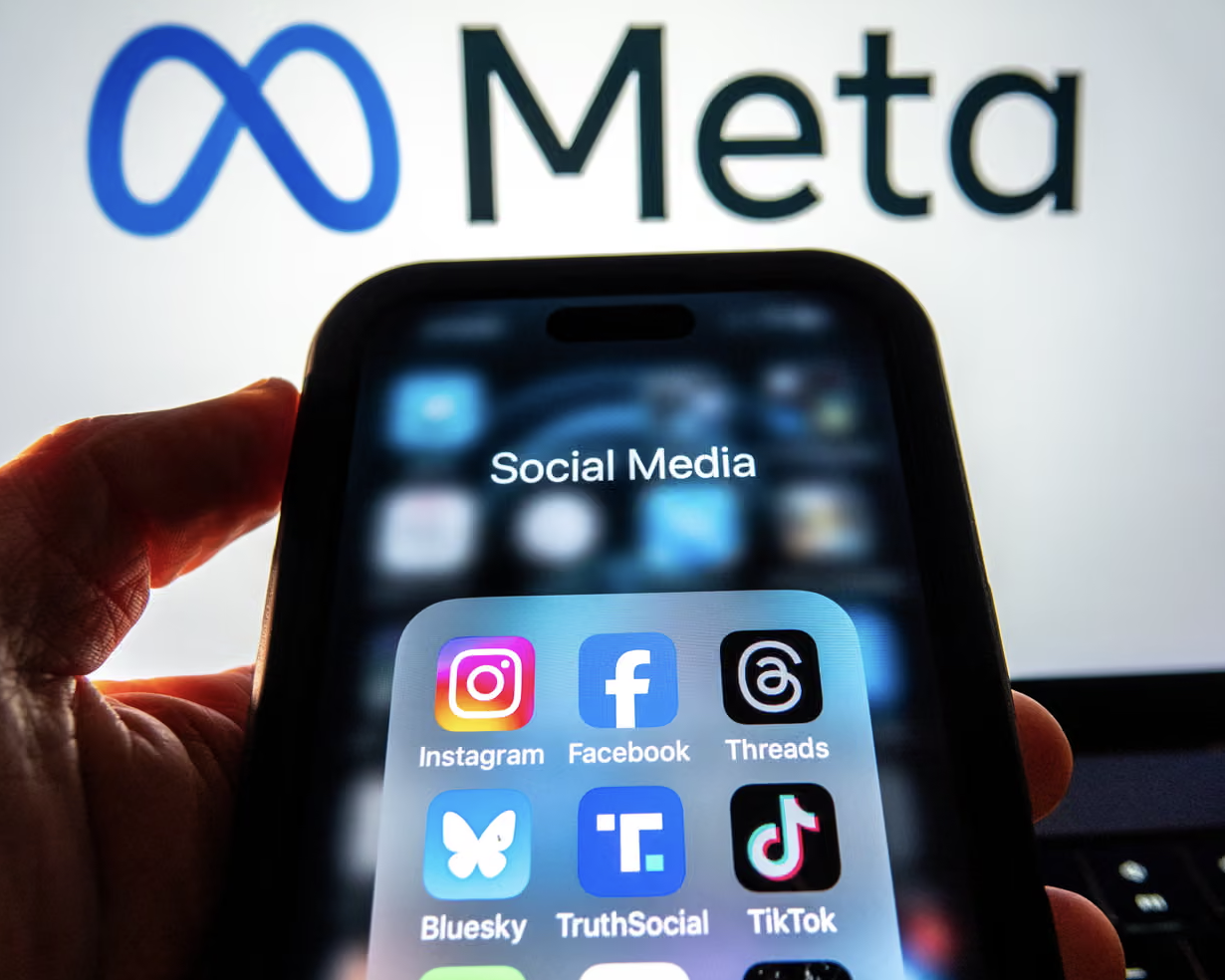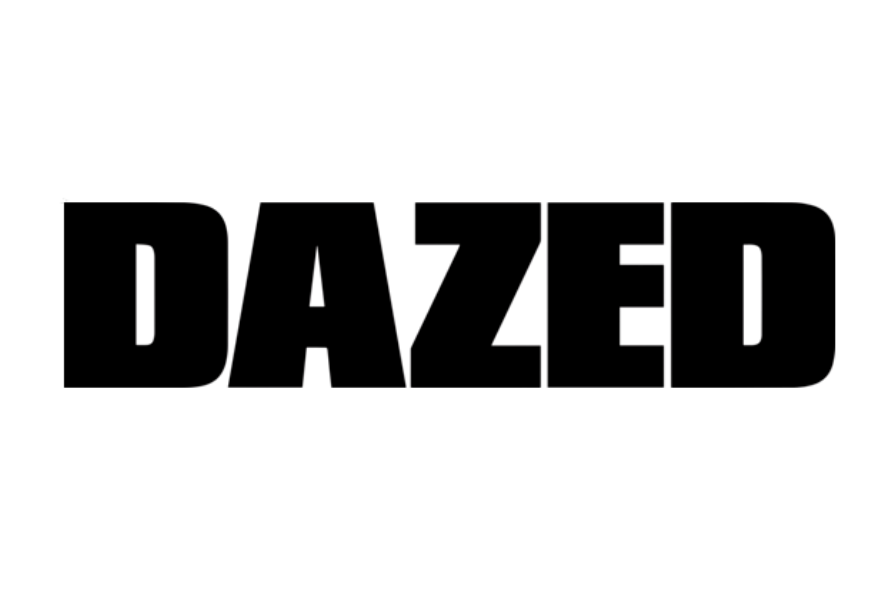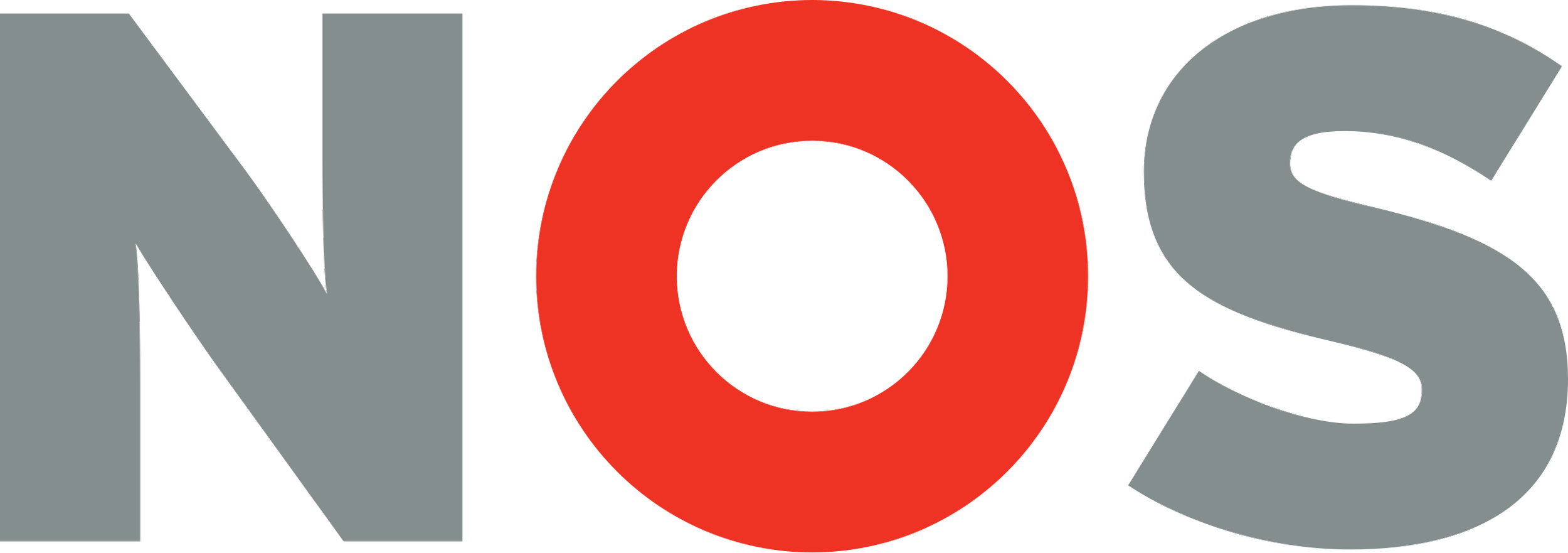
Repro Uncensored works with journalists, researchers, creators, and media outlets to document censorship, platform harms, and digital repression worldwide.
SELECT RECENT COVERAGE
PRESS HIGHLIGHTS
Repro Uncensored is a global research and advocacy initiative documenting how digital platforms shape access to abortion, sexual health, and bodily autonomy. Through investigations, data collection, and creative collaborations, we expose patterns of censorship and work with communities, journalists, and policymakers to advance information justice.
ABOUT REPRO UNCENSORED
Press inquiries contact us here.
For interviews, data requests, or collaborations. Media kits, logos, and high-resolution images available upon request.


